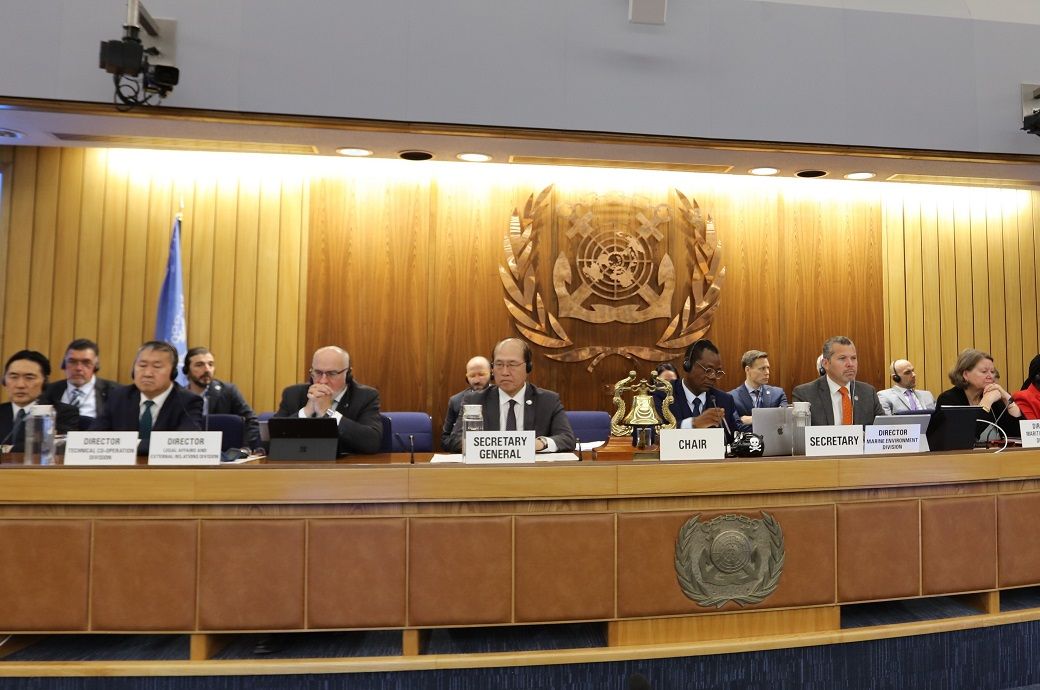
The updated strategy builds upon the IMO's ongoing efforts to reduce GHG emissions from international shipping. Central to this strategy is an urgency to phase out these emissions while ensuring a just and equitable transition for all nations.
One of the main goals of the 2023 strategy is to improve energy efficiency in new ships, ultimately leading to a reduction in carbon intensity. Moreover, it aims to cut CO2 emissions per transport work by at least 40 per cent by 2030 compared to 2008 levels, IMO said in a press release.
A key element of the strategy is to increase the uptake of zero or near-zero GHG emission technologies, fuels, and energy sources. The goal is to make these sources account for at least 5 per cent of the energy used in international shipping by 2030, striving for 10 per cent.
In terms of measurable outcomes, the strategy outlines two indicative checkpoints for reaching net-zero GHG emissions from international shipping: a 20-30 per cent reduction in total annual GHG emissions by 2030 and a substantial 70-80 per cent reduction by 2040, both compared to 2008 levels.
The strategy proposes a mix of technical and economic measures to achieve these ambitious goals. These include creating a standard to regulate the phased reduction of marine fuel's GHG intensity and establishing a maritime GHG emissions pricing mechanism.
However, the strategy also acknowledges the impacts these measures may have on states and advocates for careful assessment and appropriate adjustments before implementation. Developing countries, particularly least developed countries (LDCs) and small island developing states (SIDS), are identified as requiring special attention and support.
Complementing the strategy's main points are proposals for capacity-building, technical cooperation, and research and development initiatives. A timeline leading up to 2028 is also outlined, paving the way for the adoption of updated GHG reduction measures and an updated 2028 IMO GHG Strategy.
"The adoption of the 2023 IMO Greenhouse Gas Strategy is a monumental development for IMO and opens a new chapter towards maritime decarbonisation. At the same time, it is not the end goal, it is in many ways a starting point for the work that needs to intensify even more over the years and decades ahead of us. However, with the revised strategy that you have now agreed on, we have a clear direction, a common vision, and ambitious targets to guide us to deliver what the world expects from us," said IMO secretary-general, Kitack Lim.
Fibre2Fashion News Desk (DP)